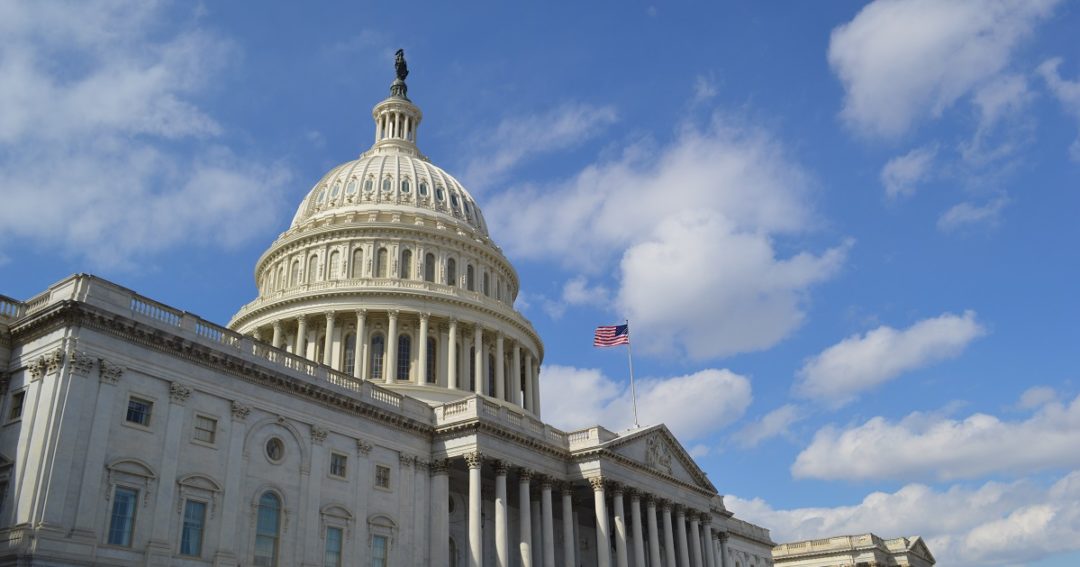The National Independent Automobile Dealers Association joined U.S. Chamber of Commerce and dozens of other associations in opposition to the Federal Trade Commission’s proposed rule to impose a nationwide ban on almost all noncompete clauses.
NIADA signed onto the letter to the U.S. Congress, with many state and local chambers of commerce, trade groups and associations, spanning industries from newspapers, trucking, technology, restaurants, hospitality to healthcare in opposition to the rule.
“On behalf of the undersigned organizations and our members across the country, we write to unequivocally oppose the Federal Trade Commission’s proposed rule to impose a nationwide ban on almost all noncompete clauses. The FTC lacks the constitutional or statutory authority to issue such a rule and, in attempting to do so, the agency is improperly usurping the role of Congress,” the letter read.
“Moreover, this sweeping rule would invalidate millions of contracts around the country that courts, scholars, and economists have found entirely reasonable and beneficial for both businesses and employees. Accordingly, we ask you to exercise your oversight and appropriations authority to closely examine the FTC’s proposed rulemaking.”
In January, the FTC proposed the rule banning employers from imposing noncompetes on their workers.
The agency estimated the rule could increase wages by nearly $300 billion per year and expand career opportunities for about 30 million Americans.
The FTC’s proposed rule would generally prohibit employers from using noncompete clauses. It would also apply to independent contractors and anyone who works for an employer.
Employers would be required to rescind existing noncompetes.
The Commission voted 3-1 to publish the Notice of Proposed Rulemaking, which is the first step in the FTC’s rulemaking process. Commissioner Christine S. Wilson cast the dissenting vote.
“The proposed Non-Compete Clause Rule represents a radical departure from hundreds of years of legal precedent that employs a fact-specific inquiry into whether a non-compete clause is unreasonable in duration and scope, given the business justification for the restriction,” Wilson said.
“And one study illustrates clearly, in the financial services sector, the negative unintended consequences of suspending non-compete provisions, including higher fees and broker misconduct. The suspension of non-competes across all industry sectors in the U.S. undoubtedly will impose a much larger raft of unintended consequences.”
Along with suggesting the FTC overstepped its authority, the letter to Congress said the rule, “will likely harm both employees and employers.”
“Courts, scholars, and economists all have found that noncompete clauses, when properly used, encourage investment in employees and help to protect intellectual property. Forty-seven states permit noncompete clauses, which have traditionally been an issue of state law,” the letter states.




